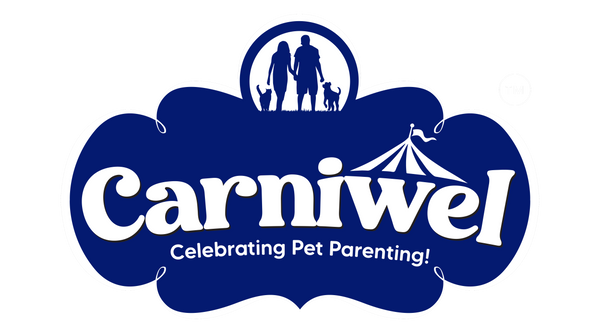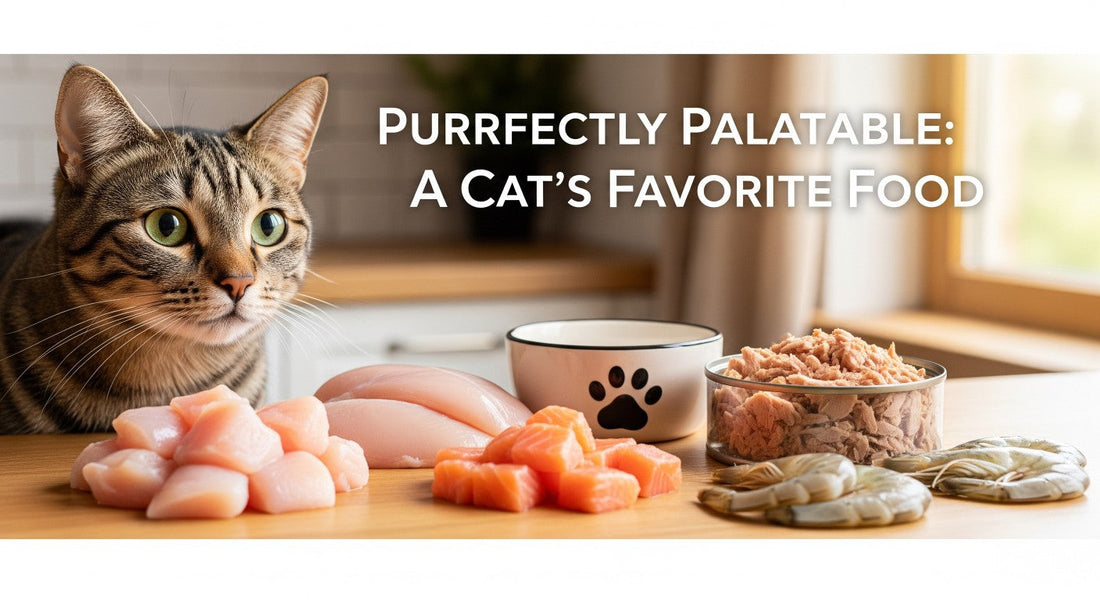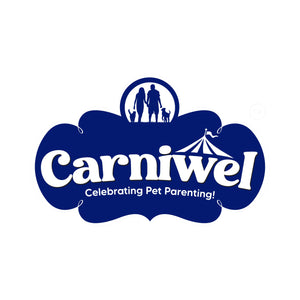“Curiosity killed the cat.. and satisfaction brought it back”
Your cat’s favourite meal is everything that fuels their curiosity and satisfies their bellies. In the wild, cats would eat fresh krill. This means that they’re likely to fall sick or ingest something toxic. As pet parents to cats that live in a controlled domestic environment, and a pet food brand, it is our responsibility to put the best in every bite your cat takes!
What do cats eat?
Cats are obligate carnivores. This means that they need to eat meat to access the nutrients they need.
Can cats eat veg food? Yes, but they can’t eat only veggies for their daily nourishment. Meats like Chicken, and Marine proteins like salmon, sardines, tuna, shrimp, Antarctic krill, etc. are essential in their everyday diet. This is why all cat food and cat treats include one or many of these ingredients.
What nutrients do cats need every day?
Cats, just like humans, need the nutrients that come from the basic food groups. What differs is the quality and the sources of these nutrients.
- Proteins: Cats have a high protein requirement. This means that the food they eat not only needs to have the right amount of protein, but these proteins also need to be easy to digest and absorb. This readily available protein is of the highest quality from animal sources, rather than plant sources.
- Fats: Fats are an important part of a cat’s diet. Cats need moderate quantities of fats to keep their skin and coat healthy, provide ample energy, and provide a variety of other benefits.
- Carbohydrates: Just like with humans, cats also need a small amount of carbohydrates to provide bulk. This aids in digestion and is also a source of energy.
- Essential nutrients: Essential nutrients like vitamins and minerals provide a balanced diet and benefit the overall health and well-being of a cat.
- Amino acids: Amino acids are essential for your cat’s well-being. Taurine protects a cat's heart, vision, and immunity, while Methionine and Taurine are required in large amounts during growth. These amino acids are usually not found in high enough amounts in plant-based foods. Kittens require that 19% of their diet consist of animal protein to meet their methionine requirements.
Some very common sources of these nutrients are chicken, turkey, tuna, salmon, sardines, Antarctic krill, and shrimp. To provide a balanced diet that includes all essential nutrients the common choice is commercially available cat food.
Dry Food
Dry cat and kitten food offers balanced nutrition specifically formulated to cater to cats and kittens of any breed. This is usually based on AAFCO standards. The quality and health benefits of dry pet food largely depend on its ingredients. Each component plays a critical role in supporting your cat’s overall well-being, from muscle maintenance to immune function.
1. High-Quality Animal Protein: As obligate carnivores, cats depend heavily on animal proteins to fulfill their nutritional needs. These proteins provide essential amino acids, including taurine, which is vital for heart health, vision, muscle maintenance, and immune function in cats. High-quality cat and kitten food contains fresh and easy-to-digest proteins that are highly bioavailable. Carniwel’s premium cat and kitten food uses fresh, high-quality meats like Sardines and Salmon to give your cat the benefit of great taste along with easy digestion.
2. Fats and Oils: Fats from animal sources contain omega-3 and omega-6 fatty acids. Omega-3 fatty acids (EPA and DHA) cannot be produced in a cat’s body. These fats also have anti-inflammatory properties that help maintain health and vitality. They also enrich a cat’s skin and coat. Carniwel’s cat range also uses Antarctic krill to provide 3 times the benefit of any fish oil. This means 3x better skin, coat, and immunity.
3. Carbohydrates and Fiber: While a cat’s carbohydrate requirement in the diet is low, some carbohydrates appear in dry cat food as energy sources. These help with energy levels and also form fibre that eases digestion. Common carbohydrates include grains like rice and corn. Dietary fibers such as beet pulp, tomato pomace, inulin, or chicory root help support digestive health by promoting gut motility and balancing intestinal microbiota.
4. Vitamins and Minerals: A balanced dry cat food includes a robust mix of vitamins and minerals to support a healthy immune system, strong bones, healthy skin, and overall cellular function. Essential vitamins include:
- Vitamin A: Important for skin and vision
- Vitamin D: Supports bone health
- Vitamin E: Acts as an antioxidant, protecting cells from damage
- B Vitamins: Support energy metabolism and nervous system health
Minerals like calcium, phosphorus, zinc, and iron ensure proper bone development, oxygen transport, and immune defense.
5. Taurine: Unique to cats is their absolute dietary need for taurine, an amino acid found in animal tissues. Taurine is essential for eye health, heart function, reproduction, and maintaining a strong immune system. Without sufficient taurine, cats can develop severe health issues such as retinal degeneration and heart disease.
6. Antioxidants: Dry cat food often includes antioxidant vitamins A and E, as well as other compounds to help protect against cellular damage caused by free radicals. Antioxidants support the immune system and skin health, helping cats stay healthy longer.
7. Additional Functional Ingredients: Some dry cat foods add probiotics and prebiotics to support digestive health and nutrient absorption. Ingredients like chicory root or inulin act as prebiotics, feeding beneficial gut bacteria, while certain strains of probiotics are added to stabilize the gut environment.
Wet food
Wet cat and kitten food is just as nutritious as dry cat food, except with a higher moisture content. Wet food offers similar benefits as dry food, except that of dental hygiene.
Treats
While giving your cat an occasional treat is not generally harmful, they are usually not a nutritionally complete and balanced source of nutrition and should only be fed occasionally. A good rule of thumb is not to let treats exceed 10 to 15 percent of a cat’s daily caloric intake.
Foods to NEVER give your cat
- Some of the most toxic foods for cats include onions & garlic, raw eggs & meat, chocolate, alcohol, grapes, and raisins.
- Avoid feeding your cat table scraps, especially around the holidays, as these may contain potentially toxic ingredients.
- Most cats are lactose intolerant. Avoid giving your cat milk or milk products, as this can cause stomach upset, vomiting, and diarrhea. To know more about this, click here.
For premium-quality nutrition made from fresh meats, click here and explore the Carniwel range of cat and kitten food.



 https://carniwel.com/pages/about-us
https://carniwel.com/pages/about-us


